CTC Think Tank: A meeting of the minds
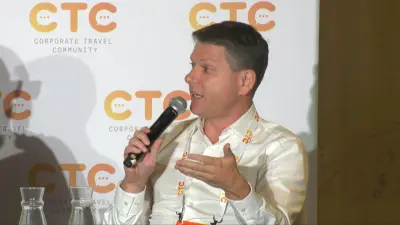
-
The new traveller journey – what does it involve and how are major travel suppliers supporting clients?
-
What’s at stake for companies with a mobile workforce when it comes to duty of care and risk management?
-
What role does the travel supplier have in a post-pandemic world?
-
What role will innovation and technology have on the future of corporate travel?
-
How are companies pivoting towards carbon neutrality?
-
What are the toolkits that travel managers will need to be successful to measure and report on carbon footprints and reduce the overall impact of travel on the environment?
CTC Ground Transportation Branch Masterclass
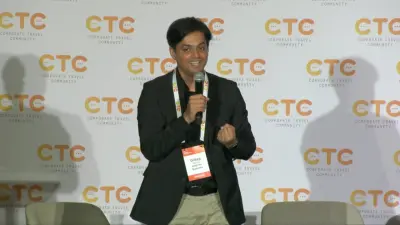
events corporate travel community
CTC Sustainability Branch Masterclass
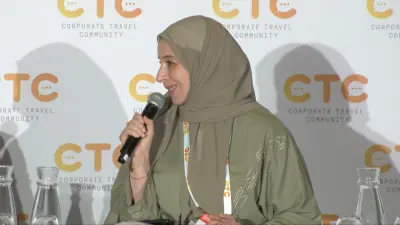
-
What is the travel buyers’ perspective of sustainability?
-
Are they getting pressure from above to include sustainability in RFPs?
-
How important is sustainability to them? Are travellers already asking for more?
-
Understand what the industry can offer today.
-
How to select a best in market current offset program or how to measure best in market proposals from suppliers.
-
Why it is important for suppliers to offer solutions to customers.
CTC Asia Environmental Sustainability Corporate Travel Programme of the Year Award 2023
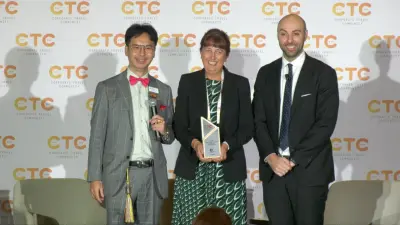
events corporate travel community
CAPA Outlook: State of the Industry April 2023
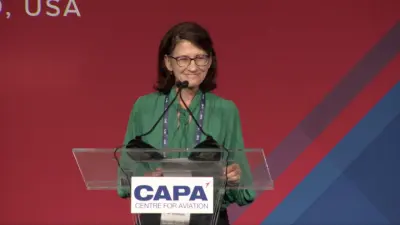
Lori Ranson is currently a Senior Analyst at the Centre For Aviation (CAPA). Her coverage has touched on all aspects of commercial aviation, including marketing and distribution, network development, safety, maintenance, repair and overhaul, aircraft programmes, alliances, regulatory developments, finance and the passenger experience.
Expectations for travel in 2030
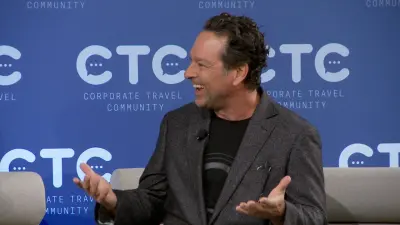
What are your expectations for the future of travel? How would you like to see the corporate travel industry evolve during the next 10 to 15 years? While it’s difficult to predict exactly how the traveller experience will change into the future, most people have clear expectations for what they’d like to see come to fruition by 2030.
But to what extent will companies prioritise the traveller experience and individual preferences in the coming years? How important is the traveller experience compared to other travel program objectives such as cost minimisation?
Join Felicity Burke, General Manager of FCM Consulting APAC, as she explores Gen Z and the Millennial generation’s expectations for travel in 2030. Felicity will be joined onstage by Dean Easton, The Australian National University Manager, Travel Services and Murray Warner, Senior Vice President Asia Pacific, Serko, to unpack how organisations are managing the rise of employee-centric travel programs and traveller expectations for industry change.
Environmental Sustainability – The corporate travel buyer’s voice
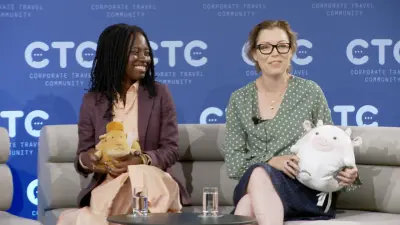
Sustainability has become a corporate travel priority, but increased costs, limited data and lack of transparent information still present barriers to making business travel more sustainable. Collaboration will be critical to supporting an enhanced corporate travel policy for travel buyers.
As travel continues its recovery from the COVID-19 pandemic, corporations are refocusing on their green agendas. A majority believe sustainability will be either a ‘moderate’ or ‘high’ priority in the next 12 months, while many have become more focused on the sustainability objectives of their corporate travel programme.
Companies are making significant changes to their core operations and processes to become more sustainable and travel procurement plays a key role in sustainability strategies. Travel buyers now have stricter guidelines and increasingly travel teams are seeking to identify locations and travel partners who hold current or future solutions in sustainability.
What is the travel buyers’ perspective of sustainability?
Are they getting pressure from above to include sustainability in RFPs?
How important is sustainability to them? Are travellers already asking for more?
Environmental Sustainability – An in-depth look at the CAPA/Envest 2022 Benchmarking
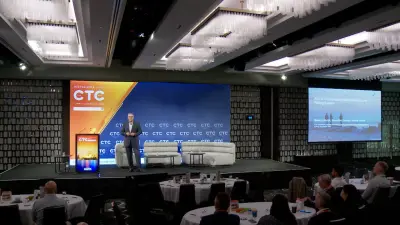
Mr. Steve Limbrick – Executive Director, Envest
Environmental Sustainability – The industry responds with innovation and technology
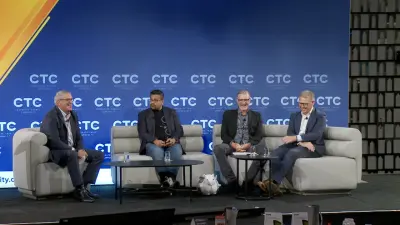
Businesses are having to take a much more pro-active stance with their sustainability drives. With cries of ‘greenwashing’ over previous offset schemes travel providers now need to be transparent in their communications and honest in their activity.
It has been said that the least-emitting flight “is one that doesn’t happen at all”. While we will see substitution to other forms of travel for short-haul (especially short-distance domestic travel) that is not a practical solution in a world where long-haul travel has proliferated and will present an increasing challenge for travel suppliers.
Climate scientists say that to get climate change under control, businesses need to reduce their emissions and consumers will become increasingly demanding as the subject of sustainability dominates the headlines.
How are businesses working to meet sustainability demands?
What is the industry doing to help answer buyers’ questions and provide a solution?
Technology Workshop: Digital Transformation strategies and distribution
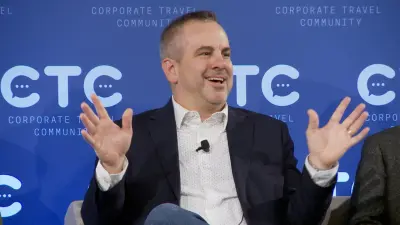
The travel and tourism industry has been among the early adopters of digital transformation, but processes are continuing to evolve. For businesses, digital adaptation is not optional but rather an indispensable condition to continue being competitive and respond to the continuously growing consumers’ demands.
Personalisation has become a crucial element of the travel business, mobile devices are now standard search and booking channels, AI-powered applications and technology are more commonplace, and data is driving digital transformation journeys.
For travel buyers it creates a complicated framework and understanding the technologies that exist to help themselves and travellers in a post COVID world is complex.
This workshop will discuss processes to help buyers understand what they should look out for with technology partners, look at how buyers can truly integrate into their technology partners, and question if technology is the answer to all the buyers’ problems.


